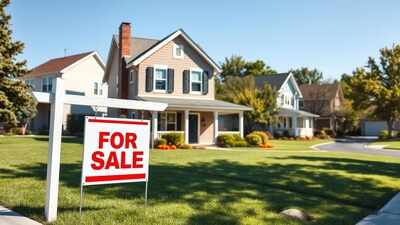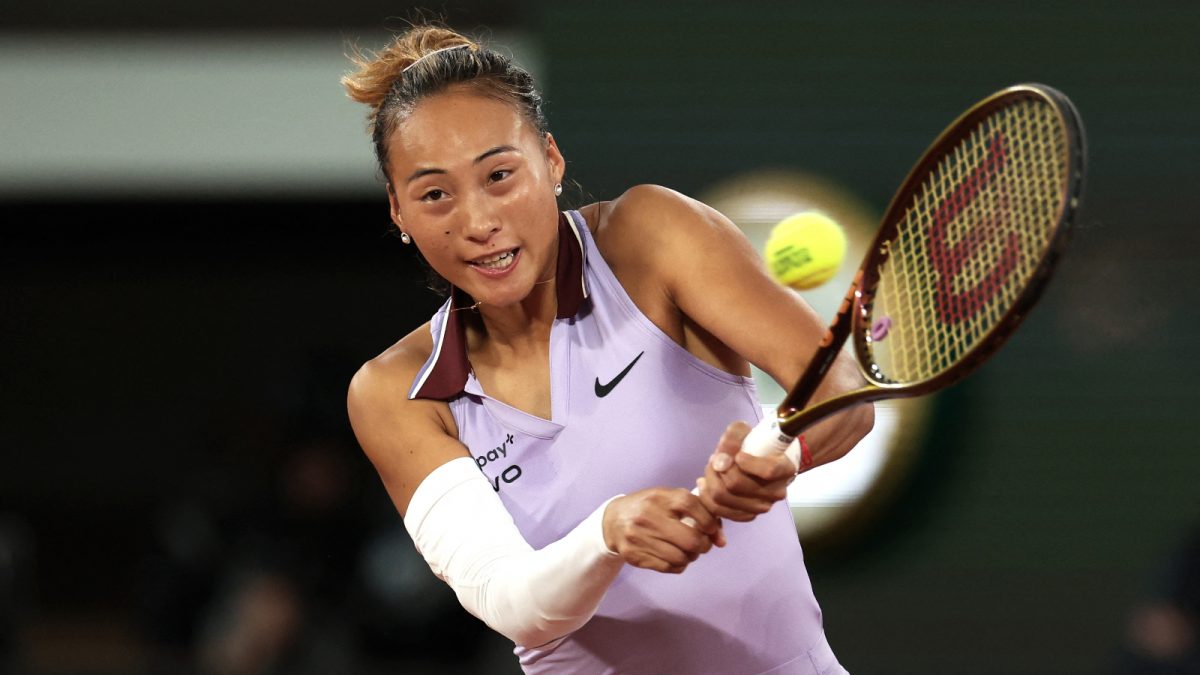ARTICLE AD BOX

NEW DELHI: Housing sales in India’s tier-II cities witnessed a mixed performance during the January-March quarter of 2025, with a decline in volume but an increase in value, according to data from real estate consultancy PropEquity, as reported by PTI.A total of 43,781 housing units were sold across 15 tier-II cities in Q1 2025, marking an 8 per cent drop from 47,378 units in the corresponding period last year. However, the overall transaction value rose 6 per cent to Rs 40,443 crore, up from Rs 38,102 crore a year ago.The analysis covered cities including Ahmedabad, Surat, Vadodara, Gandhinagar, Nashik, Nagpur, Goa, Lucknow, Jaipur, Mohali, Visakhapatnam, Kochi, Coimbatore, Bhopal, and Bhubaneswar.Explaining the contrasting trends, PropEquity Founder and CEO Samir Jasuja said, “The lesser supply in March quarter resulted in lower sales in tier 2 cities. State capitals performed relatively better.” He added that demand continues to be supported by improvements in infrastructure.Jasuja also pointed to monetary policy as a potential driver for future growth. “RBI has made 50 basis points cut in repo rate since January 2025 and is expected to cut rates further.
As this gets transmitted by banks, home loans will decline going forward thereby giving a boost to housing demand,” he said.A
mong the cities, Lucknow led with a 25 per cent year-on-year increase in units sold at 1,301, followed by Coimbatore (21 per cent), Gandhinagar (18 per cent), and Mohali (2 per cent). In contrast, 11 cities saw a fall in sales, with Visakhapatnam registering the steepest decline at 37 per cent.Ahmedabad, the largest among the surveyed markets, saw a marginal 1 per cent dip in sales volume to 14,583 units. However, the total value of transactions in the city rose 7 per cent to Rs 13,565 crore, compared to Rs 12,730 crore in the same quarter last year.NeoLiv Founder and CEO Mohit Malhotra said tier-II cities are increasingly becoming prominent housing markets. "Tier-II cities are rapidly emerging as prominent housing markets, driven by expanding corporate presence, employment opportunities, and aggressive infrastructure development.
These cities are witnessing a transformation fuelled by strategic public and private investments. This has led to a surge in demand and property prices across various micro-markets," he said.Royal Green Realty Managing Director Yashank Wason also noted the growing appeal of emerging markets. “As metropolitan regions face saturation, these cities offer a compelling blend of opportunity and lifestyle, positioning them at the forefront of India's next real estate growth wave,” he said, naming Indore, Sonipat, and Rohtak among those benefiting from rapid infrastructure development.VS Realtors Founder Vijay Harsh Jha expressed optimism about the future of tier-II housing markets. He said the current decline in sales is temporary and anticipated strong economic growth, along with lower home loan rates, will revive demand.



.png)
.png)
.png)
















 1 day ago
8
1 day ago
8









 English (US) ·
English (US) ·